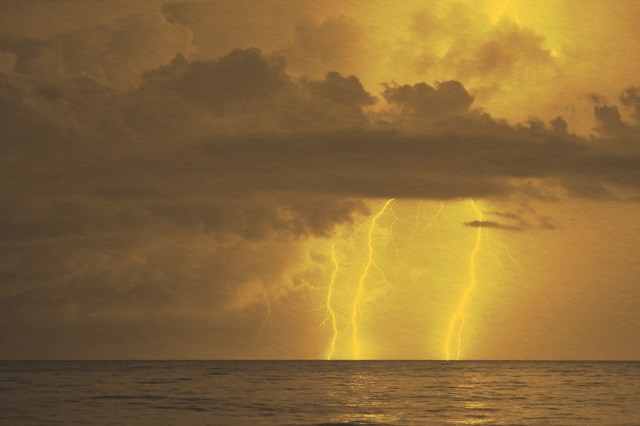
There’s a certain episode in season 7 of Friends in which Monica accuses Rachel of several instances of “stealing her thunder.” Maybe I was etymologically naive, but I thought the writers of the show created this expression, which refers to doing or saying something that another person was planning on, and thus taking away the credit or attention that the other person may have deserved. But with a little bit of research, I found out the saying originated in the theater world of 18th-century England.
The story goes that in 1709, a struggling playwright, John Dennis, staged a London production of Appius and Virginia. For this performance, Dennis created a mechanism that could replicate the sound of thunder. While there are no surviving records of how it worked, reportedly the device was successful in mimicking the booming noise. However, the play was far less successful, and the production was forced to close after just four nights.
Soon after this failed run, the very same theater staged a production of Shakespeare’s Macbeth. Dennis attended opening night, only to discover that his thunder machine had been purloined and used in the show. He reportedly stood up and shouted something to the effect of, “They will not let my play run, but they steal my thunder!” This very literal exclamation supposedly gave rise to the idiom that’s used more generically today.
Nowadays, “stealing someone’s thunder” is applied in a variety of ways. It can refer to literal theft like it originally did, or it can be said as a reaction to some social drama (e.g., someone beating you in sharing an idea at work or a cousin or a friend getting engaged at your wedding).
If Dennis were alive today, perhaps he could take solace in knowing he left an indelible mark on the English language, even if he failed to make the same impact theatrically.

















